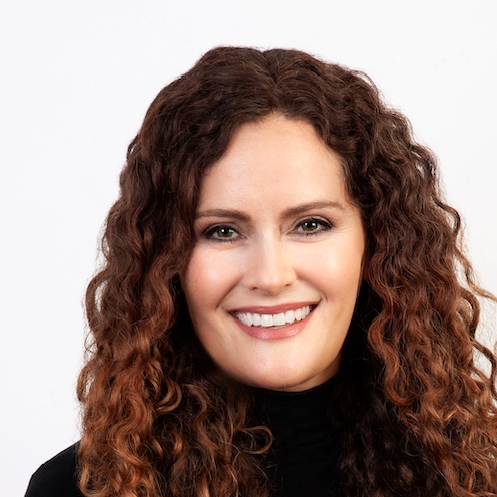
By Jana Rupnow, MA, LPC
Parents who want to keep donor conception a secret are usually trying to protect their child from emotional and relationship distress, but secrets are no guarantee of protection. In fact, the American Society for Reproductive Medicine (ASRM) states that for the long-term protection of your family, you should disclose donor conception to your child. Just as anonymity is hard to protect for a lifetime, genetic information is hard to keep secret for a lifetime. Your child may develop a health issue or disease that requires you to investigate their genetic background. Your child may want to take a DNA ancestry test out of curiosity, or your child may be contacted by a half-sibling through a national registry.
Secrets don’t protect.
Secrets are not the best way to protect your child from emotional distress because they often carry disturbing feelings of fear and shame that your child may sense and internalize. In 2022 The Journal of Psychosomatic Obstetrics and Gynecology found that most donor conceived people who found out about their conception from someone other than a parent had worse emotional well-being and family relations. Secrets create a strain and tension among family members. Research also shows that children who find out by accident or from someone else feel betrayed.
While attempting to contain a secret, the secret keeper may develop deceptive behaviors that damage trust and shut down communication. Mistrust and miscommunication cause relationships to break down over time. Carl Jung, a psychotherapist, believed that “the possession of secrets acts like a psychic poison that alienates their possessor from the community.” For parents, this feeling of social alienation often begins during infertility and may continue into family and social life.
Secrets aren’t really secret.
Even if you have kept the secret to yourself and never told another person, the information can grow burdensome over time, and children often sense there is a family secret. Children who are not told about their genetic differences may be confused by the fact that they do not look like one of their parents. They may assume that there is a hidden reason and wonder if there are shameful family secrets about their past. This uncertainty and mystery can be difficult for children. Developmental psychologists describe this sixth sense in children as the “unthought known.”
“I don’t think my family will understand.”
Some families keep donor conception a secret because they are afraid of disapproval from family members or friends, but not telling can cause other types of relationship strain. In their 2017 publication about disclosure, “Recommendations for Gamete and Embryo Donation: A Committee Opinion,” the ASRM states that secrets create strain and tension among family members. For example, if certain family members know the secret and others do not, their suspicions may develop, and conversations may become limited amongst family. In this case, parents may fear that a family member will tell their child before they do.
Secrets damage trust.
Omitting important information about your child’s identity could damage trust if your child finds out unexpectedly. Reports from the donor conceived community reveal that many children who find out the news in unexpected ways feel betrayed. Betrayal is a severe break in trust, and amends must be made to be able to repair a relationship with someone you betrayed. Children wonder why their parents did not tell them sooner and may assume negative reasons. In this case, keeping a secret would not protect your child from the negative feelings of being donor conceived but might likely add more negativity. I suggest families seek counseling to address feelings of betrayal, shock, or confusion if a child finds out in an unexpected way.
Gaining confidence takes time.
Most intended parents realize that their child’s knowledge about the donor will not diminish the genuine relationship the parent shares with the child, and these parents feel more confident in having control of their family narrative. Parents who are struggling to discuss donor conception with their children should seek help from a counselor experienced with these issues.
About the author

Jana Rupnow, MA, LPC, is a renowned fertility counselor and author and serves as a mental health advisor to U.S. Donor Conceived Counsel. With over a decade of experience in the field of reproductive health, Jana has helped countless couples navigate the complexities of starting a family. She has a deep understanding of the emotional, physical, and psychological aspects of unique family building and is known for her compassionate and non-judgmental approach.
In addition to her counseling work, Jana has also written a groundbreaking book on donor conception, Three Makes Baby. The book, which is based on her extensive experience working with couples and individuals considering donor conception, provides valuable insights for parenting across the lifespan. Jana believes that a child-centered approach can pave the way for long-term emotional and psychological wellness in families. For consultation, counseling, training for professionals, or a speaking engagement, email [email protected] or learn more on www.JanaRupnow.com. Follow Jana Rupnow on Instagram, Facebook, and Twitter @janarupnowlpc.
Top Image by Omar Lopez via Unsplash
